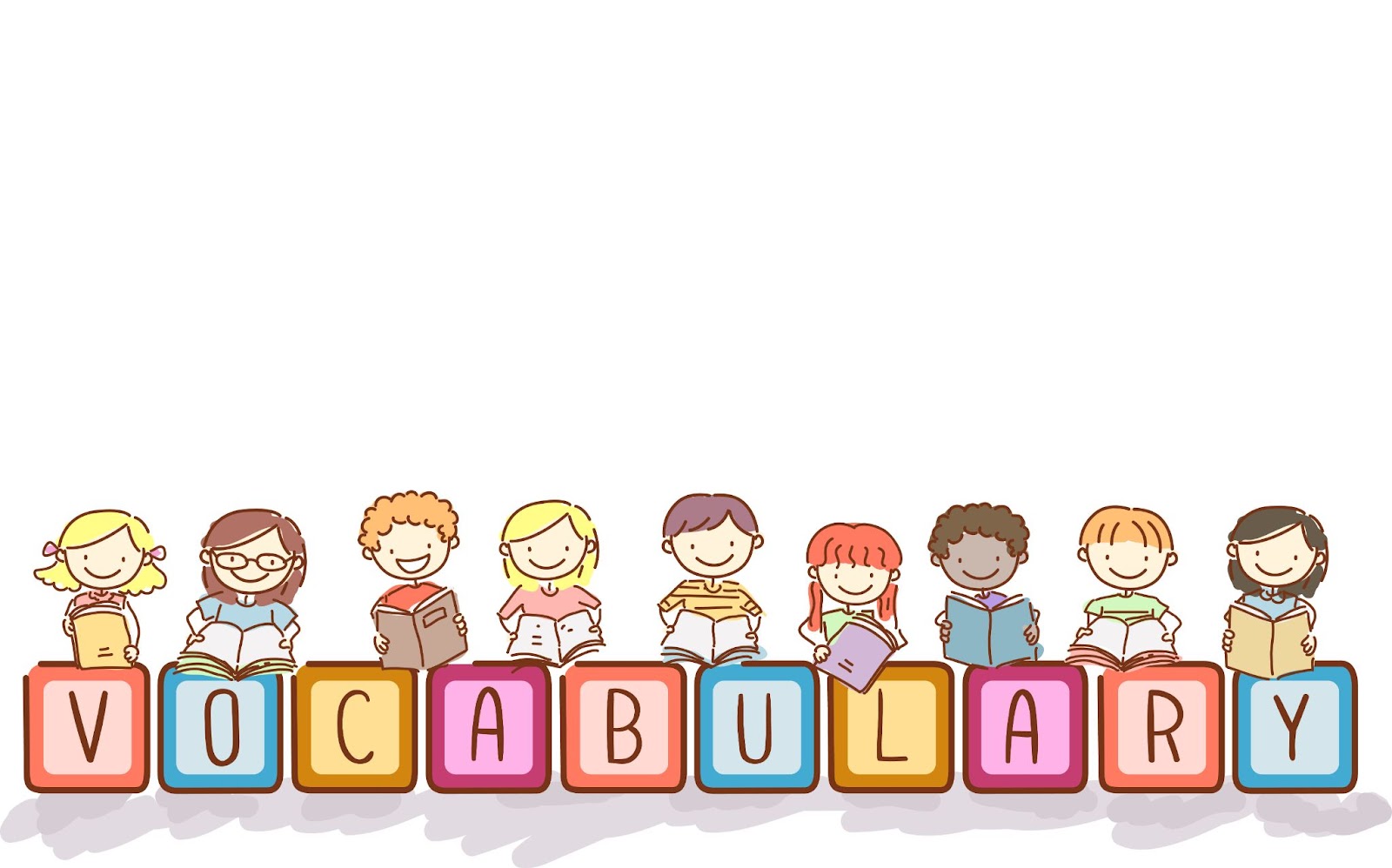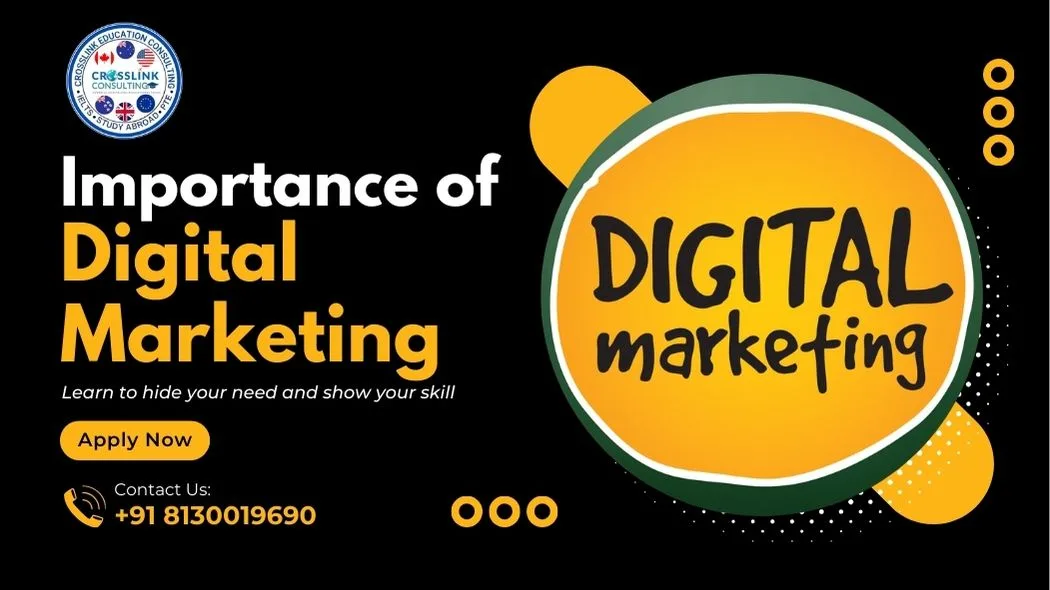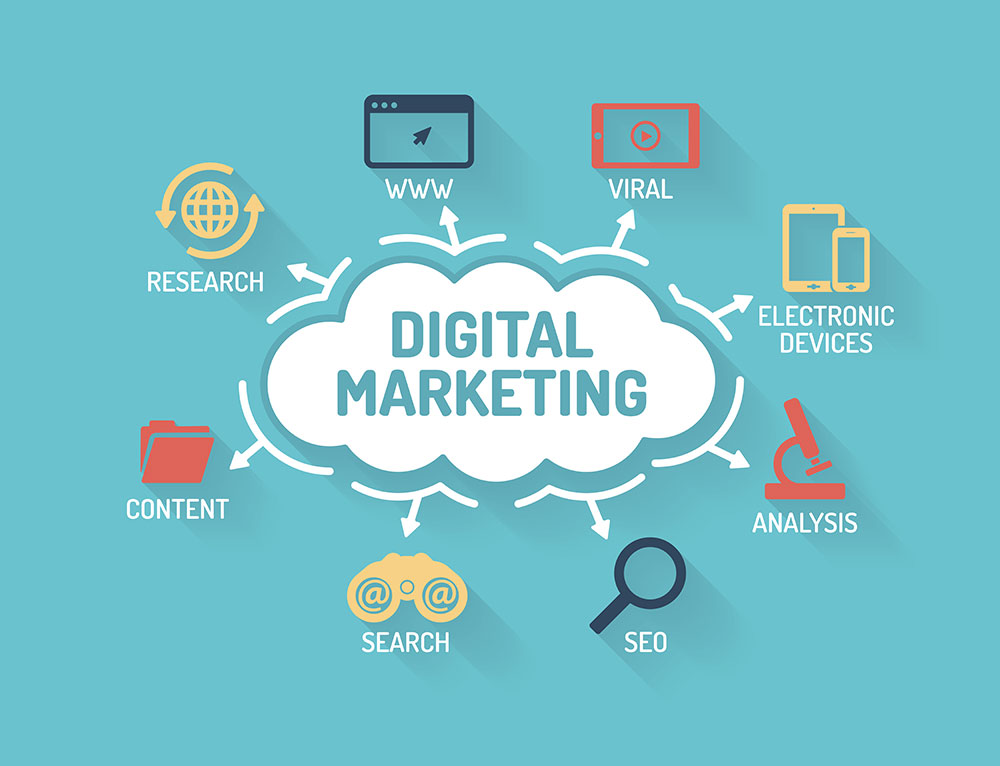Studying abroad offers students a unique opportunity to immerse themselves in a new culture, broaden their horizons, and gain valuable academic and personal experiences. While many students choose to study in English-speaking countries, opting for a non-English speaking destination presents its own set of challenges and rewards, particularly when it comes to language learning. In this blog post, we’ll explore the language learning challenges and rewards of studying abroad in a non-English speaking country.

Challenges of Language Learning
- Language Barrier: One of the most obvious challenges of studying in a non-English speaking country is the language barrier. Students may struggle to communicate effectively in everyday situations, both inside and outside the classroom.
- Academic Demands: Studying in a foreign language can be particularly challenging academically, as students must navigate lectures, readings, and assignments in a language they may not be fully proficient in.
- Cultural Adjustment: Language is closely tied to culture, and students studying abroad may find it difficult to adapt to cultural norms and customs that are different from their own, especially when language barriers exacerbate these differences.
- Social Integration: Building relationships and forming friendships can be more challenging when students are not fluent in the local language. They may feel isolated or excluded from social activities and gatherings.

Rewards of Language Learning
- Language Proficiency: Immersion in a non-English speaking environment provides an unparalleled opportunity for language learning. Students are exposed to the language on a daily basis, which can greatly accelerate their language acquisition and fluency.
- Cultural Immersion: Learning a language goes hand in hand with learning about the culture and traditions of the host country. Students studying abroad in non-English speaking countries have the opportunity to fully immerse themselves in the local culture, gaining a deeper understanding and appreciation for their host country.
- Personal Growth: Overcoming language barriers and navigating daily life in a foreign language fosters personal growth and resilience. Students become more adaptable, resourceful, and open-minded, as they learn to navigate unfamiliar situations and communicate effectively in diverse contexts.
- Global Perspective: Language learning broadens students’ perspectives and helps them develop a deeper appreciation for linguistic and cultural diversity. They gain insight into different ways of thinking, communicating, and experiencing the world, fostering a more inclusive and global mind-set.

Tips for Success
- Language Preparation: Before studying abroad, students should invest time in learning the local language through language courses, online resources, or language exchange programs.
- Language Immersion: Fully immerse yourself in the language by practicing speaking, listening, reading, and writing in the host country. Engage with locals, join language meet-ups, and participate in cultural activities to improve your language skills.
- Patience and Perseverance: Language learning is a journey, and progress may be slow and gradual. Be patient with yourself, embrace mistakes as opportunities for learning, and celebrate small victories along the way.
- Seek Support: Take advantage of language resources and support services offered by your host institution, such as language tutors, conversation partners, and language exchange programs.
Studying abroad in a non-English speaking country may present language learning challenges, but the rewards are immeasurable. From language proficiency and cultural immersion to personal growth and global perspective, the benefits of studying in a non-English speaking environment far outweigh the challenges. By embracing the opportunity to learn a new language and culture, students can enrich their study abroad experience and gain skills and insights that will serve them well throughout their lives.
Team Crosslink wishes you all the best for your future endeavours!
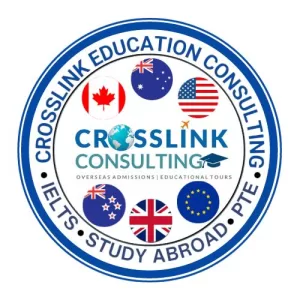

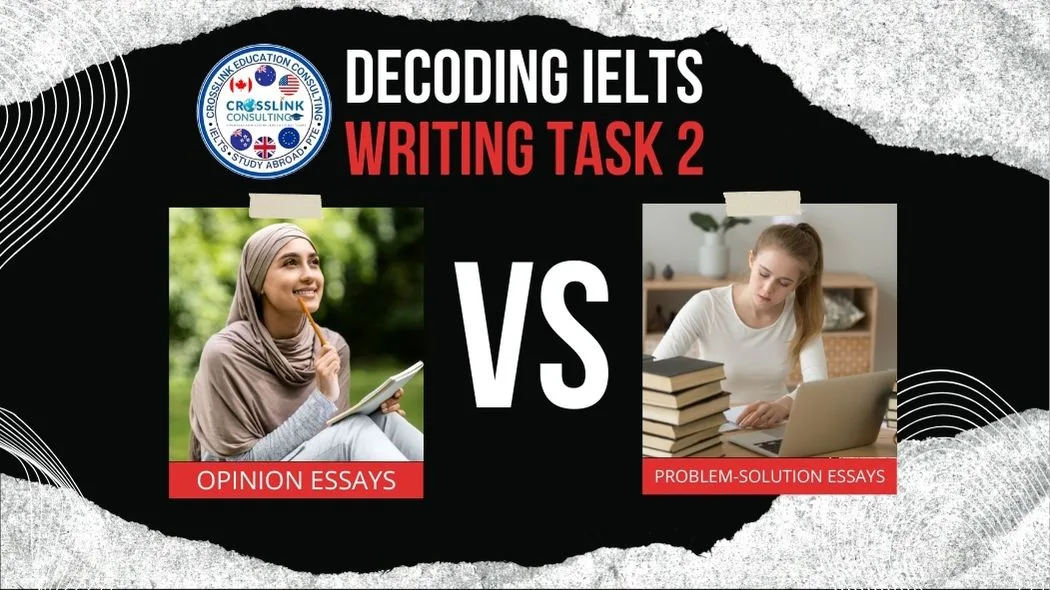
![Opinion Essays [IELTS Writing Task 2] - TED IELTS](https://ted-ielts.com/wp-content/uploads/2022/11/Opinion-Essays-1.png)




